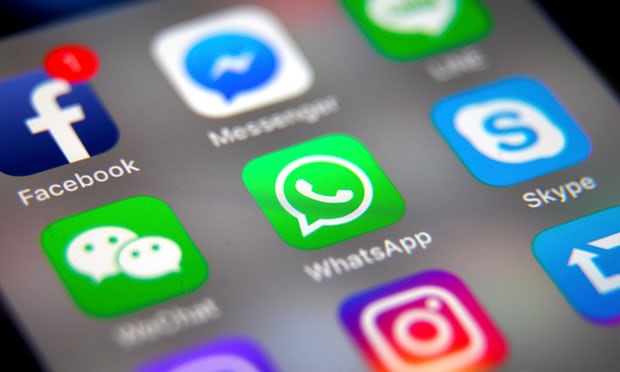Facebook sets up subsidiary in China despite website ban
The subsidiary is registered in Hangzhou, home of e-commerce company Alibaba, according to a filing approved on China’s National Enterprise Credit Information Publicity System last week and seen by Reuters.
“We are interested in setting up an innovation hub in Zhejiang to support Chinese developers, innovators and start-ups,” a Facebook representative said, referring to the Chinese province where Hangzhou is located. Facebook had created similar hubs in France, Brazil, India and Korea to focus on training and workshops, the spokesperson said.
 |
| Facebook’s website remains banned in China Photograph: Ritchie B. Tongo/EPA |
Facebook’s website remains banned in China, which strictly censors foreign news outlets, search engines and social media including content from Twitter and Google.
Setting up a company-owned enterprise in China did not mean Facebook was changing its approach in the country, the company said, adding that it was still learning what it takes to be in China.
In 2017 Facebook’s messaging service WhatsApp was blocked in the run up to the country’s Communist party congress and it has remained mostly unavailable since.
The filing listed only one shareholder of the new entity, Facebook Hongkong Ltd.
While censorship controls have hardened under Xi Jinping, who was formally appointed president in 2013, US tech firms with blocked content are increasingly looking for new ways to enter the market without drawing the ire of regulators.
Google has several hundred staff in China and recently launched its own artificial intelligence (AI) lab. It has also tentatively launched several apps for the Chinese market in recent months, including an AI drawing game and file management app.
Apple has also heavily modified its app stores to fit Chinese censorship restrictions in the past year, removing hundreds of apps at the request of regulators.

